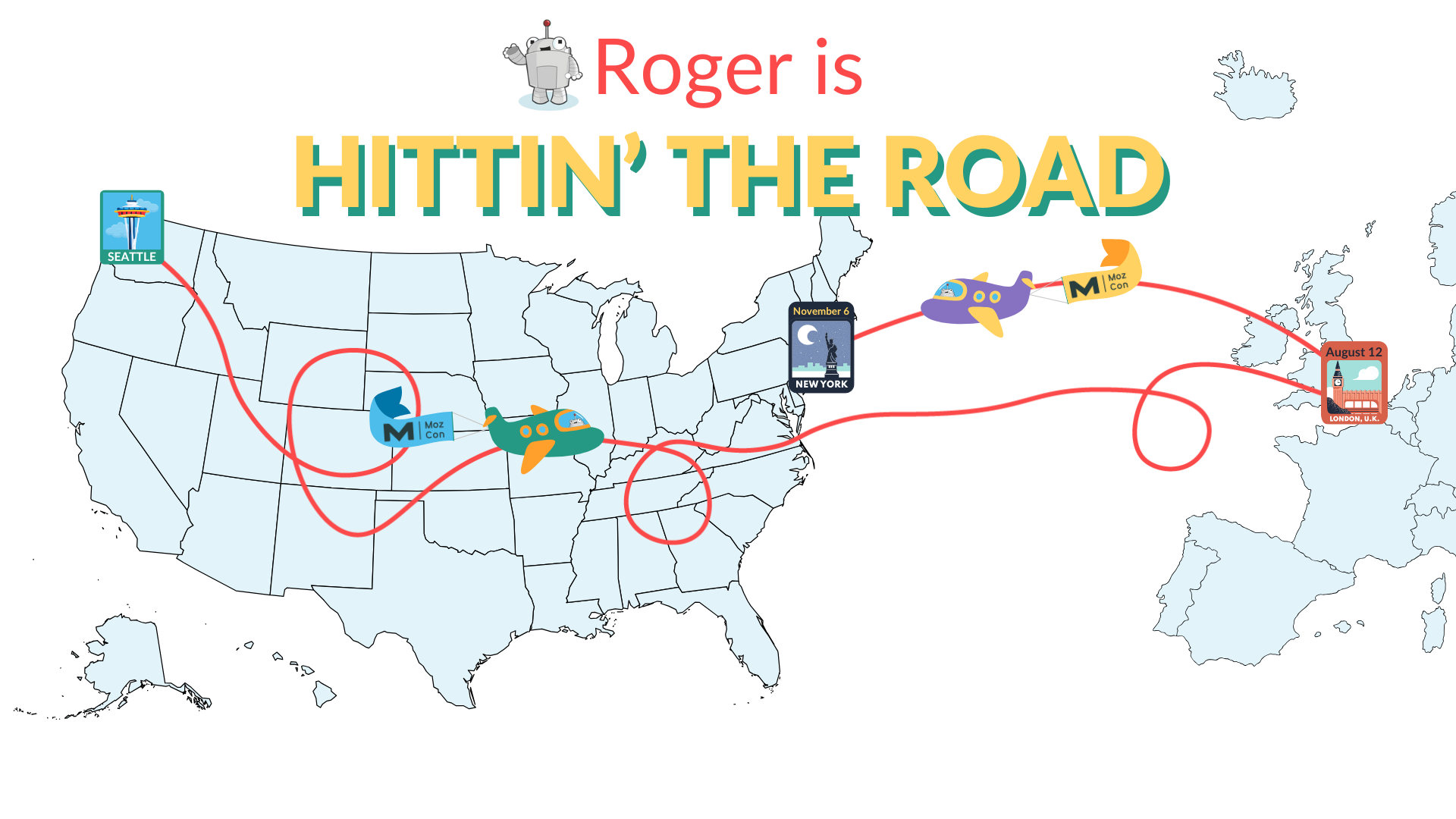
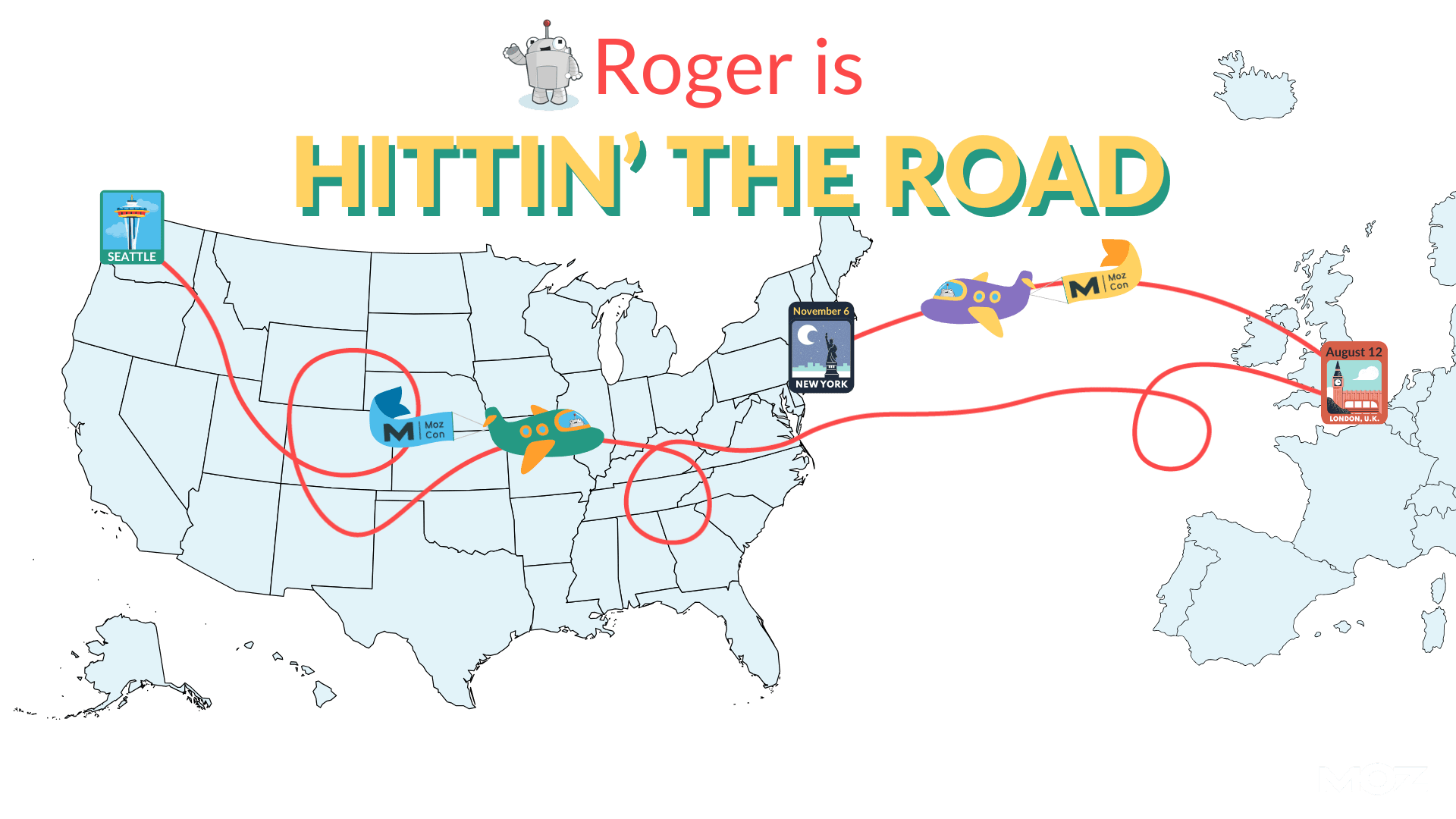
We're hittin' the road in 2025!
This year, we’re looking for new ways to connect with our incredible community. That’s why we’re taking MozCon on the road for two one-day events in London and New York to find new ways to connect digital marketers across industry and geography. Be a part of the journey as we reimagine what in-person connection and events can be.
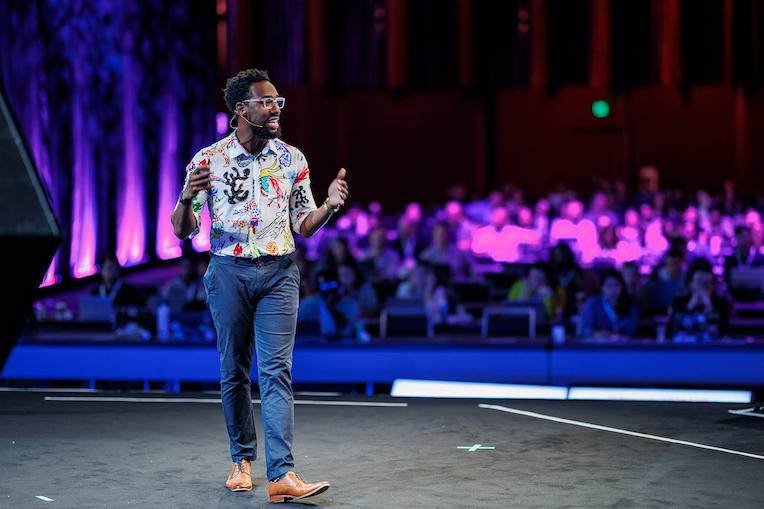
Speakers
MozCon hosts extraordinary speakers who are ready to share their top tips to help you navigate the obstacles challenging marketers today.
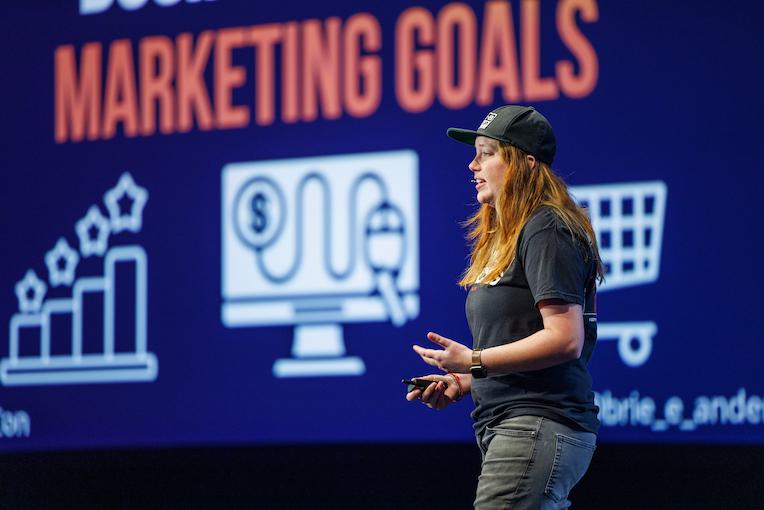
Content
Discover next-level tactics on everything from ranking higher in today's search landscape to making data-driven marketing decisions and future-proofing your business.
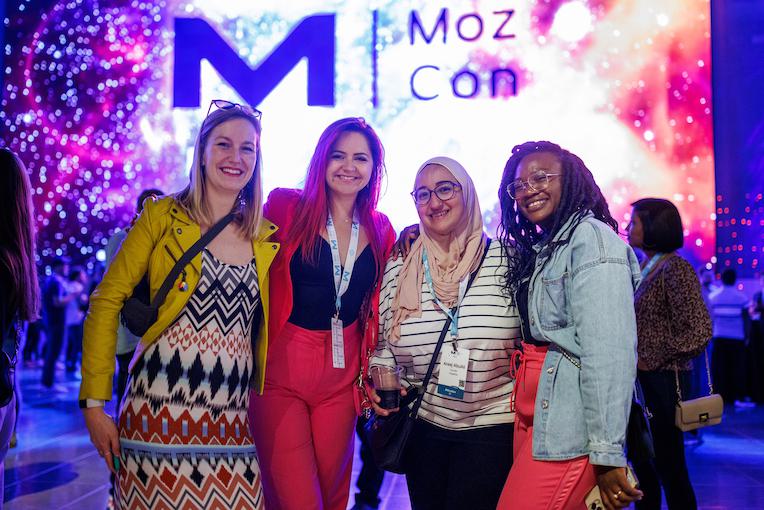
Experience
Whether you’re an SEO, marketer, business owner or executive, you’ll connect with all kinds of like-minded people at MozCon this summer.
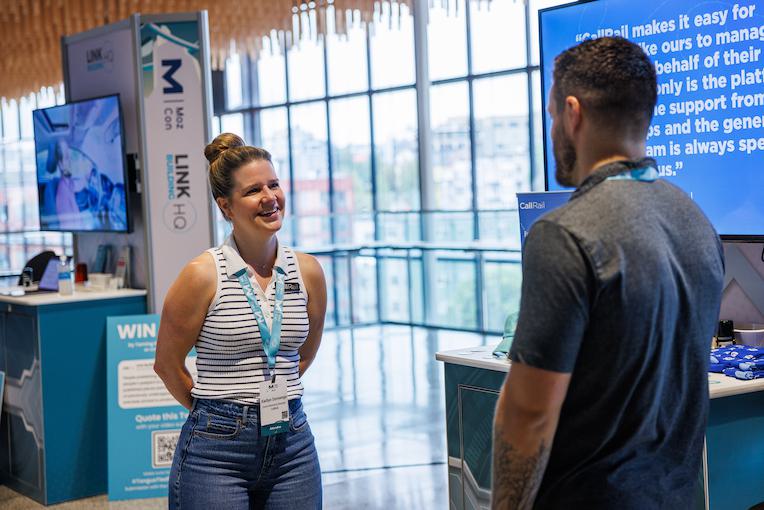
Sponsors
We're bringing together some of our favorite partners, agencies and brands to join us for MozCon.
The experts are here.
Dr. Pete Meyers
Principal Innovation Architect of Moz

Tom Capper
Senior Search Scientist of Moz
Wil Reynolds
CEO / VP Innovation of Seer Interactive

Helen Pollitt
Director, SEO of Getty Images
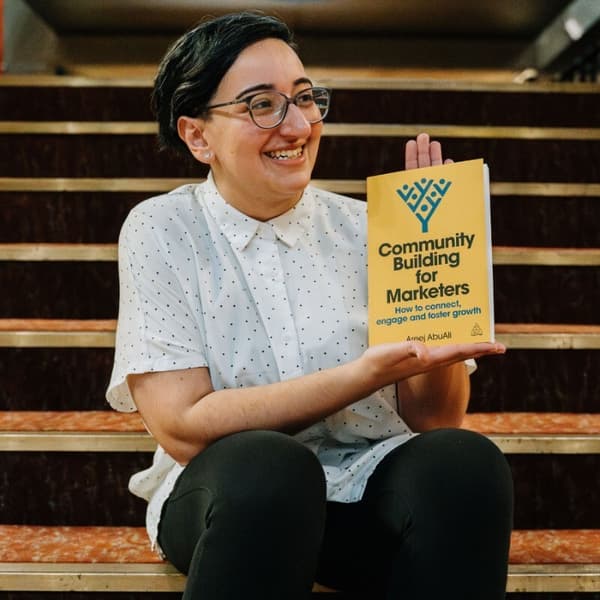
Areej AbuAli
Head of SEO of Women in Tech SEO

Luke Carthy
eCommerce Consultant of lukecarthy.com

Paul Norris
Organic Growth Director of Journey Further

Bianca Anderson
Manager of Organic Growth of hims and hers


Sam Torres
Chief Digital Officer of Gray Dot Co

Josh Spilker
Content Marketing & SEO Lead of AirOps

James Hayward-Browne
Co-founder of Bottled Imagination

Andy Chadwick
Co-Founder of Snippet Digital


Chima Mmeje
Senior Content Marketing Manager of Moz

Rebecca Jackson
Organic Strategy Director of Croud
















